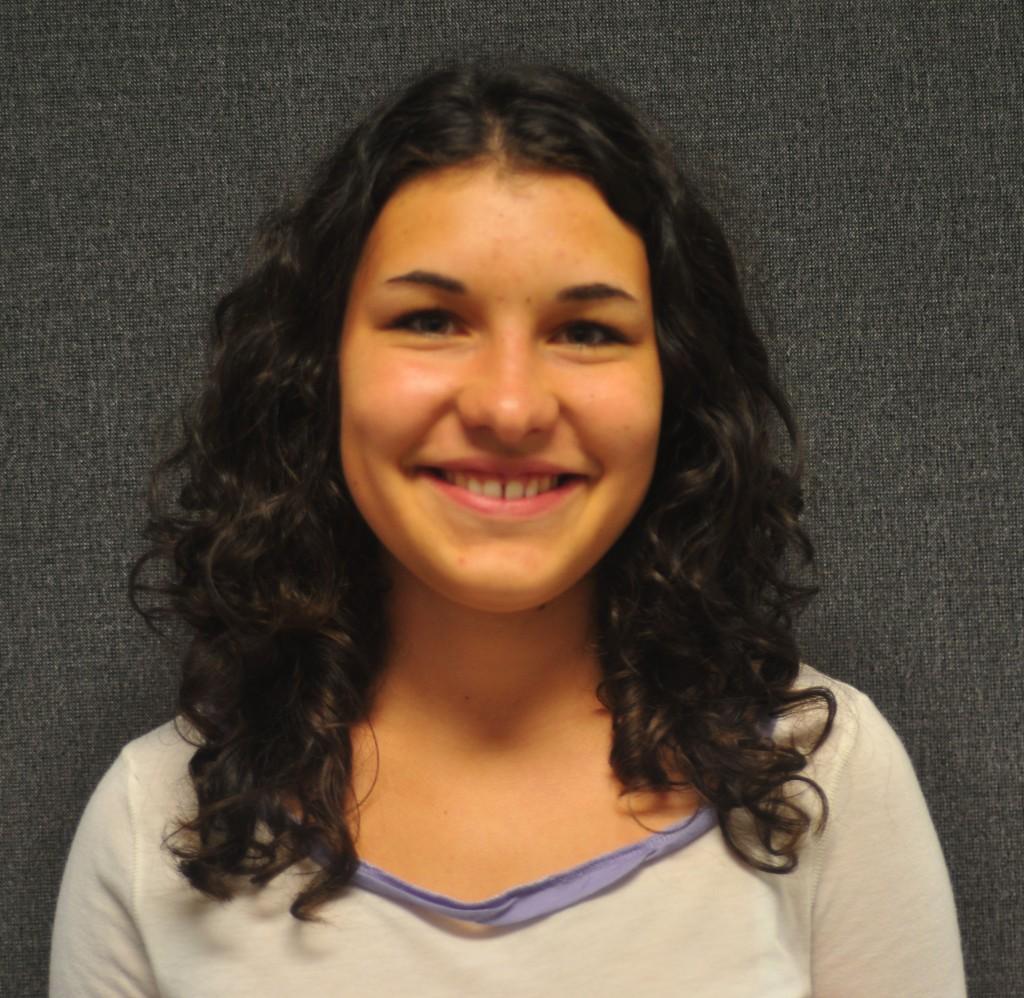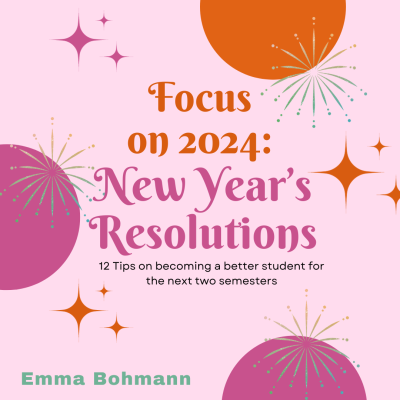The bell rings for first period, the teacher comes into the room. I review for a test barely able to concentrate despite climbing into bed at 9:30 p.m. Staying awake can be a challenge for many teens, and current research on sleep can explain why.
Teenagers need approximately nine hours of sleep each night. According to Wolfson & Carskadon, a teenager’s biological clock is ready for sleep at 11 p.m., yet high school students get up between five and six a.m. resulting in seven hours or less of sleep.
A simple solution- start the school day later so students can get on a more natural sleep cycle. Starting school later would allow teens to go to sleep at eleven when their body is naturally ready to sleep and sleep a full nine hours.
Several studies show that a later start time can have a convincing effect. In Minneapolis, public schools began later start times for high schools and found it had positive results. Reported results included fewer students suffering from depression, a decreasing dropout rate, and a rise in grades. Initially, parents showed concerned over the impact of school ending later, but afterwards 92 percent of parents said they prefer a later school start time.
To increase awareness, the national campaign “Start School Later“ collects signatures to ensure that all public schools can set the start times that leads to good health, good grades and safety.
There are arguments against a later start time for high school that are valid. Some students have after-school jobs and a later start time could interfere with their work schedule. Additionally, traffic flows would be altered and students would be leaving for school well after working parents had left home. Despite these concerns, a later start time would be best for students. Rested students feel better, and therefore perform better in school. A later school start would lead to better motivation among students and a greater success of schools in general. The longer lasting day represents only a small price to pay for better grades, less depression and not only more, but healthier sleep of students.




